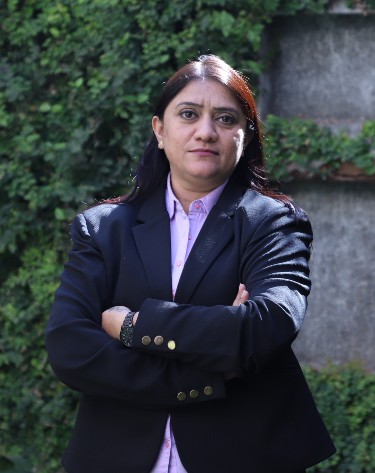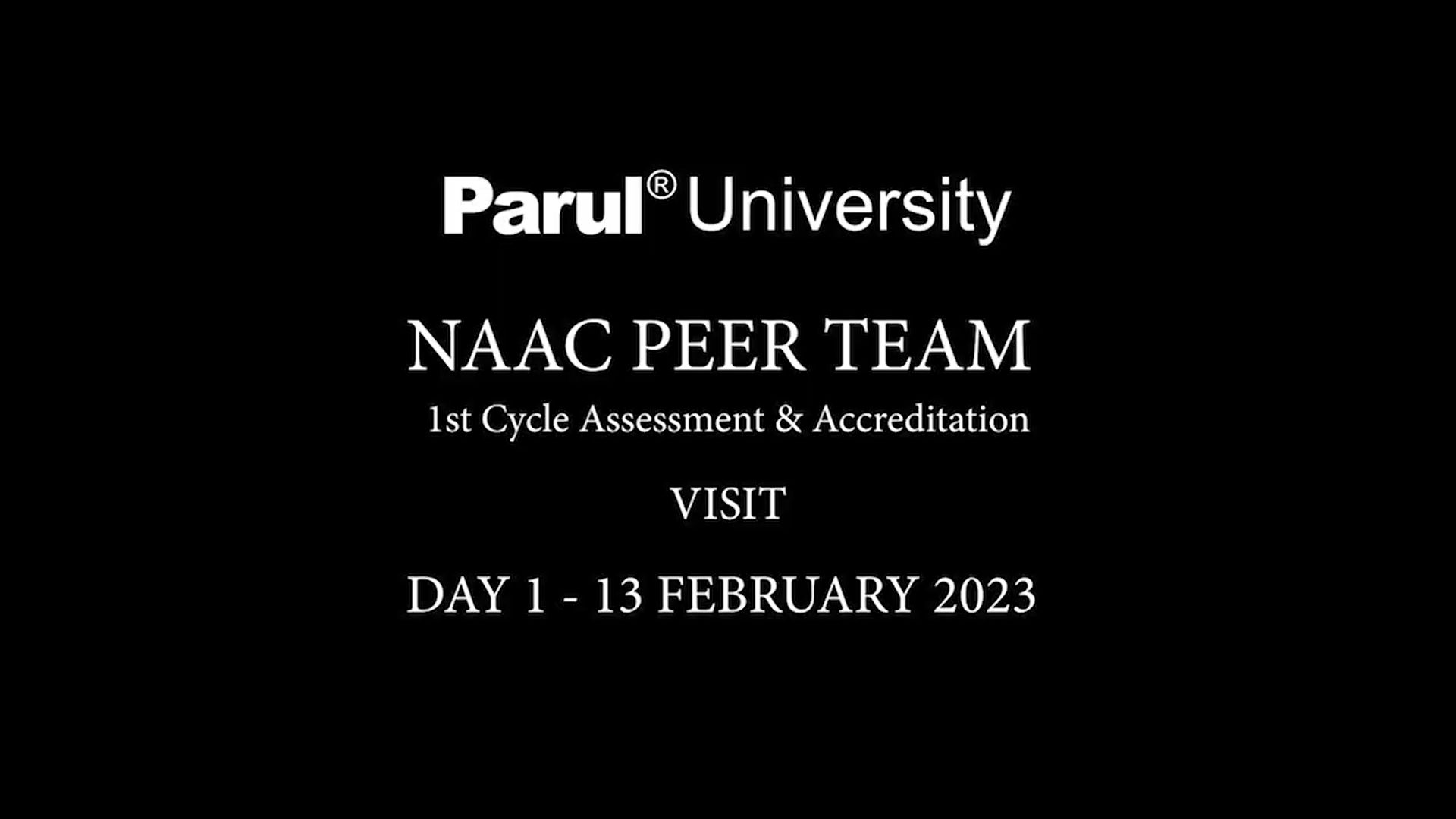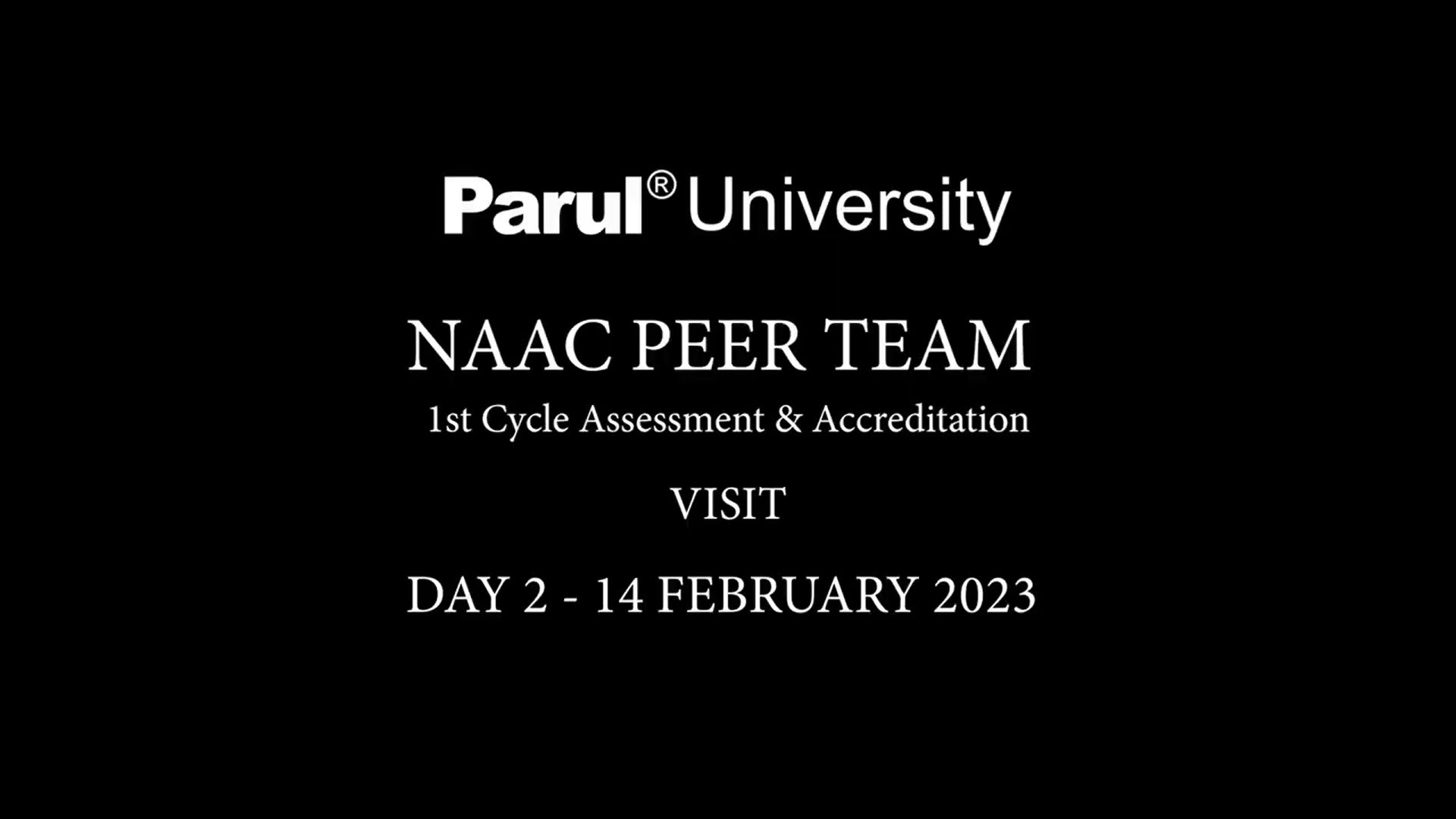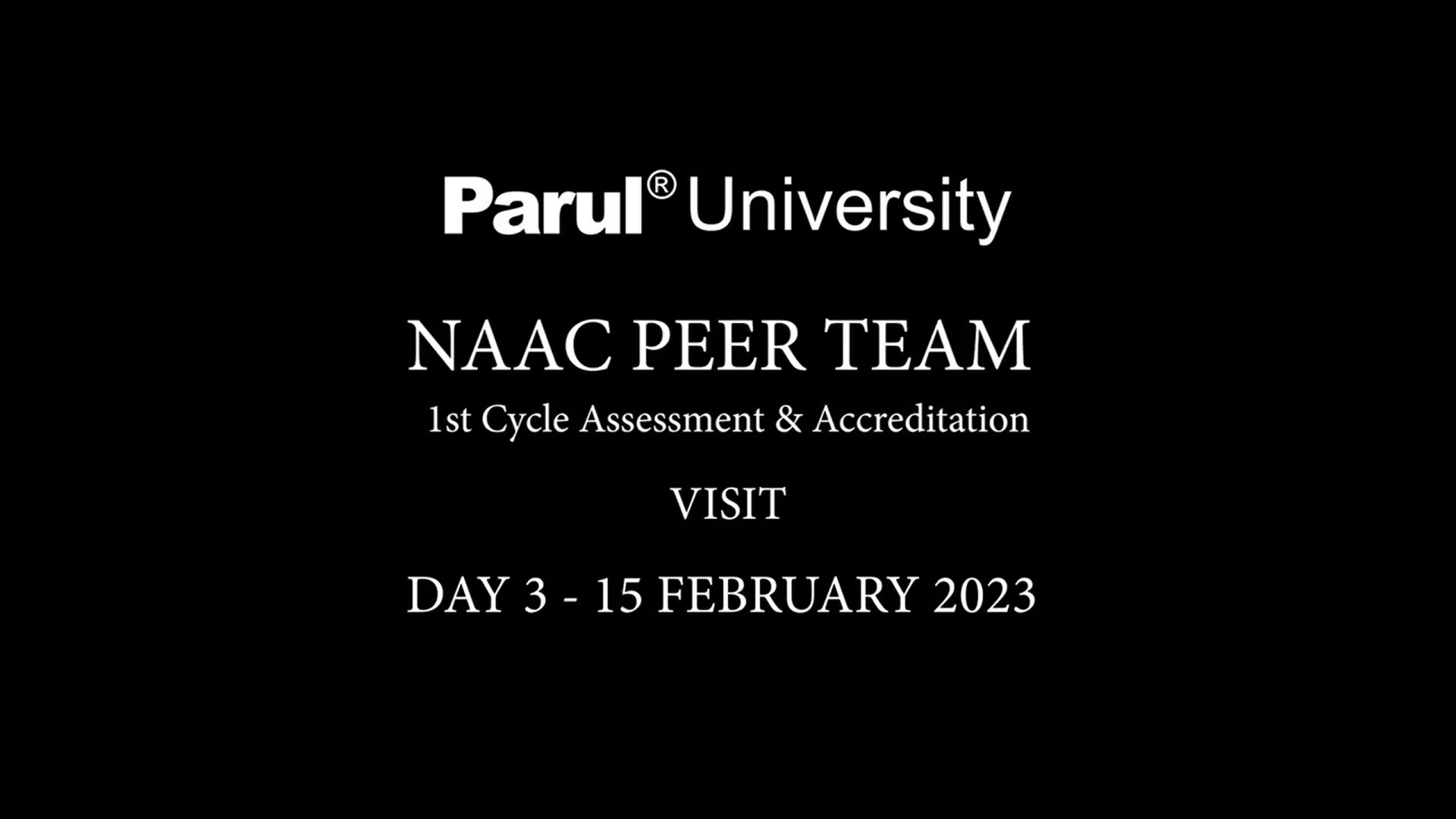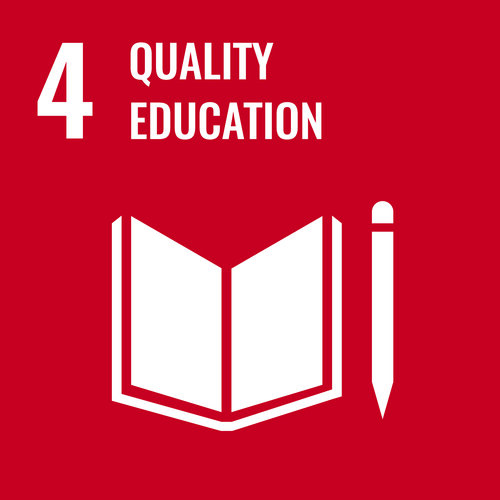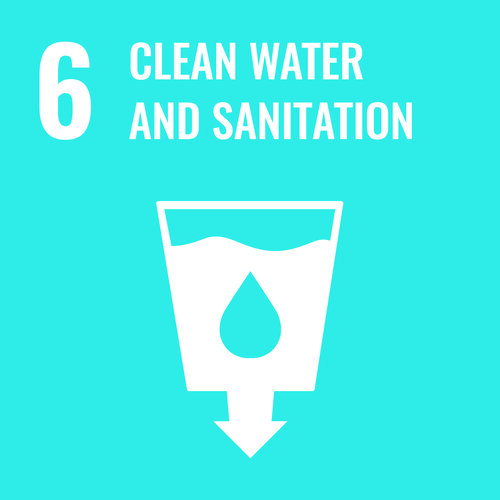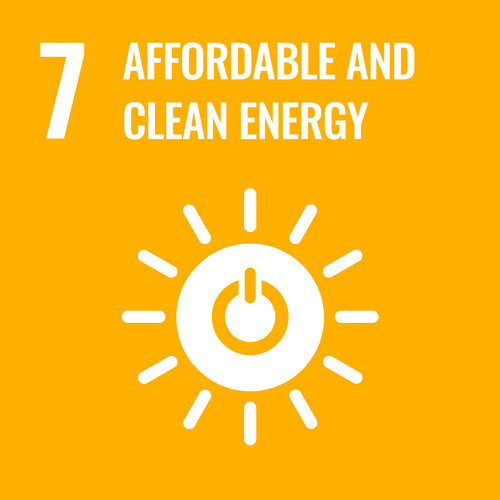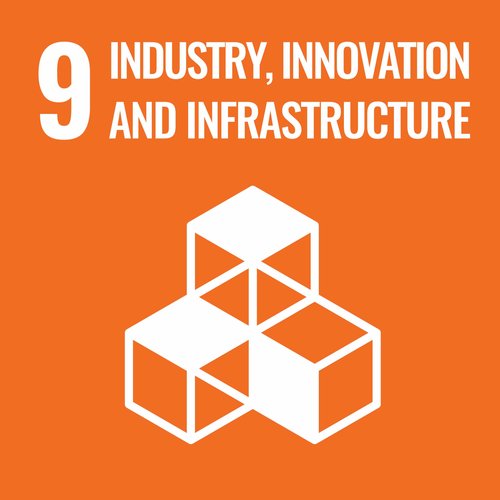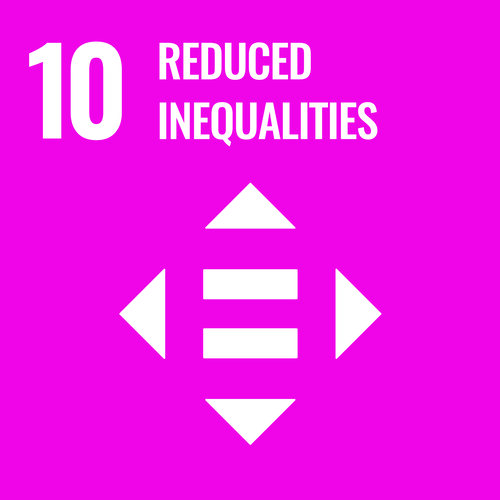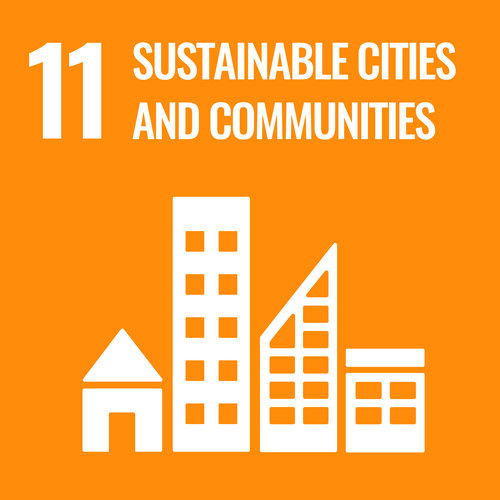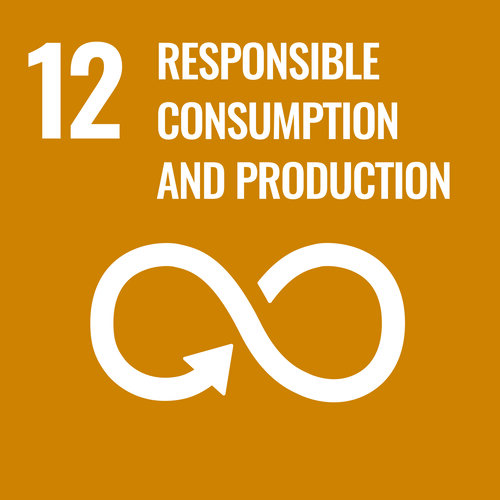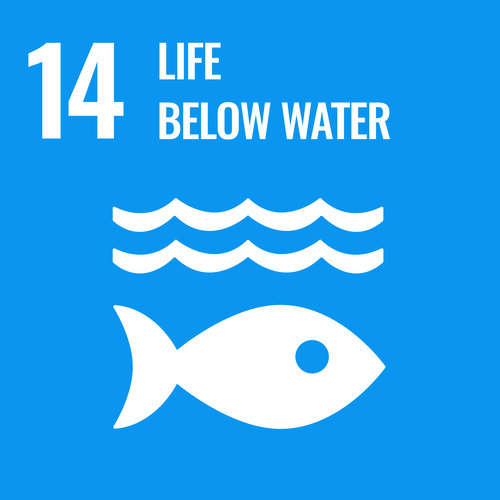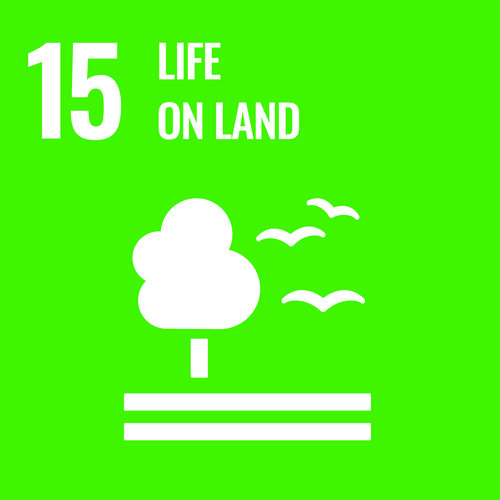The XII Plan Guidelines of the UGC for the establishment and monitoring of IQAC in Universities have made it mandatory for all Universities to have an IQAC. The major objective behind the establishment of IQAC is to internalize quality consciousness which would be invaluable for the enhancement of quality within the institution. The efficacy of external quality assessment by NAAC would be determined by the effectiveness of such institutional internal quality systems and processes.
IQAC shall serve as the institutional body on campus to assist with the accurate and consistent flow of information with regards to the quality and assurance measures taken up by the institution. Several aspects of education such as research, development, recording, and more shall be benefited from this undertaking.
Based on the success stories of universities which had established IQAC as a post-accreditation quality sustenance activity, NAAC has suggested that IQAC must be established in all the universities. The IQAC was reconstituted in the university vide ref.


